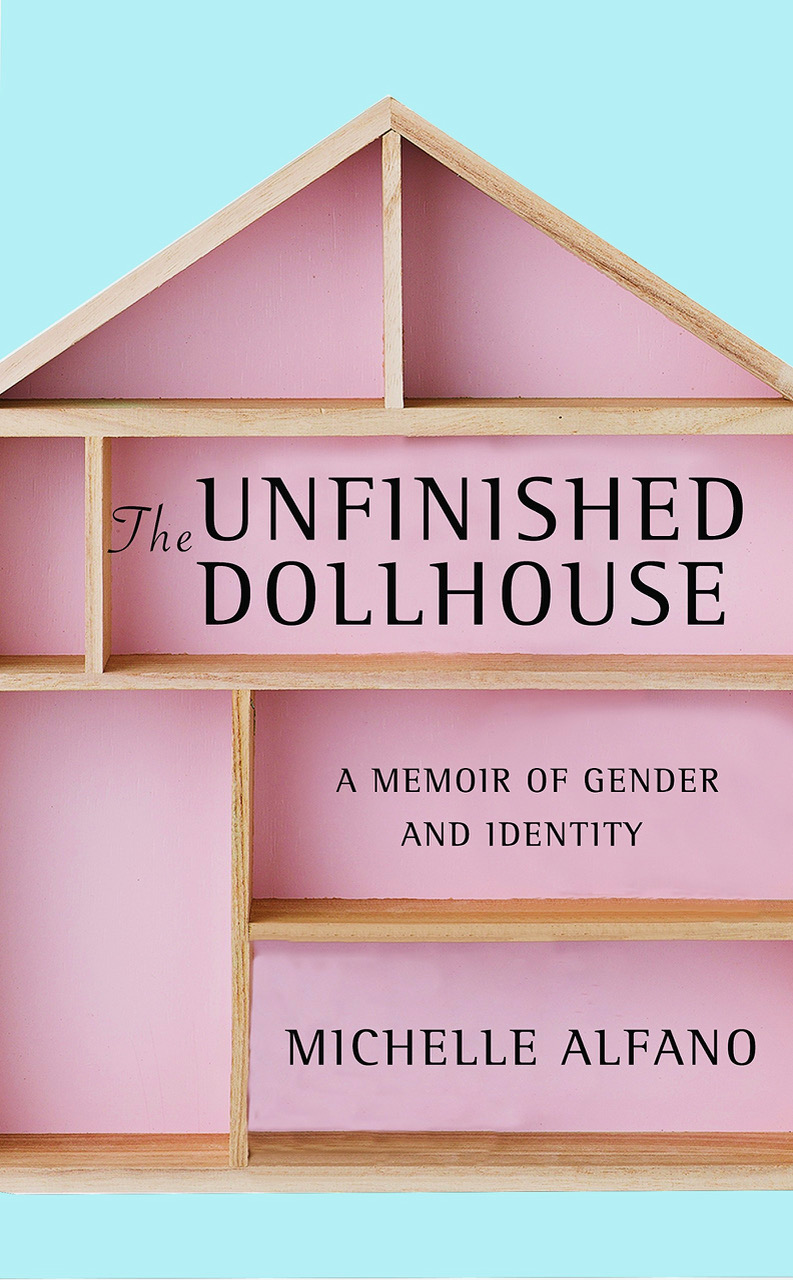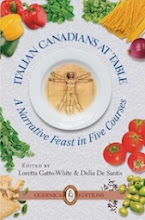Lured to the HBO series Parade's End, which recreates all four novels in this tetralogy by Ford Madox Ford, with promises that it would fill the lonely gap that the end of Downtown Abbey's third season finale left ... I succumbed to trying to watch the series and then decided the books had to be better. I was not wrong.
Is it not perfectly logical that a working class kid of Italian origin from a pretty rough town (like me) would be enthralled by Edwardian England in the pre-WWI years? Yes, it is inexplicable but ... there it is. And yes, I agree, it's nerdy and strange.
I confess I do not fully understand our hero Christopher Tietjens, described by some as "the last Tory"; he is sometimes so indistinct and repressed that I barely remember his name during my reading of the novel. And I admit that the morality of the pre-WWI English aristocrat is a mystery to me ... I study it as one would the mating rituals of a some obscure tribe on an inaccessible island sheltered from the world.
When in doubt about the value of a literary work I turn to a more learned mind to determine why this is perceived as an under-appreciated classic. In this case I read Julian Barnes' essay on the books.
In short, the books detail one man's struggle (Christopher Tietjens') between his passion for a beautiful but unfaithful wife (Sylvia) and a devoted, politically minded and chaste suffragette (Valentine) who has fallen for him. This is set against the backdrop of England's entry into WWI and the chaos that ensues for Tietjens - stubbornly moral and devoted to conservative values who watches his world dissolve.
Our melancholic hero refuses to divorce his wife Sylvia, a Catholic, who quite possibly has borne a child by a previous lover taken just prior to their marriage. She manipulates Tietjens into marriage by proclaiming she is pregnant although unsure if it is his child. Sylvia and Tietjens' first encounter is a tryst on a train between two virtual strangers. Years later she leaves Tietjens to have another affair with a man named Perowne whom she eventually leaves as well.
Tietjens is a strange, lethargic, acerbic creature to our 21st c. eyes. He is described variously, as Julian Barnes noted in his own review of the books, as "a maddened horse, an ox, a swollen animal, a mad bullock, a lonely buffalo, a town bull, a raging stallion, a dying bulldog, a grey bear, a farmyard boar, a hog and finally a dejected bulldog". One wonders at the affection he elicits from the two women. He is sometimes immensely unlikeable but I believe that this is Ford's objective: "You see in such a world as this, an idealist – or perhaps it’s only a sentimentalist – must be stoned to death. He makes the others so uncomfortable. He haunts them at their golf."
Tietjens venerates the values of the 18th c., Toryism, his son of dubious parentage Michael, and in many respects, his unfaithful wife whom he will not abandon even though it appears to her mind that he has done so emotionally. But this is not the view that Ford espoused for his protagonist. He saw him as devoted to traditional values, honorable, and ultimately losing against the tide of modernism. As Tietjens says, "I stand for monogamy and chastity. And for no talking about it."
He is stubbornly committed to that which he believes this is vividly personified by his manual correction of errors in the Encyclopedia Britannica (an act that justifiably maddens Sylvia in the TV serial by the way).
That they wish to conceal Sylvia's infidelity is understandable, that Sylvia deems Tietjens "immoral" seems inexplicable - is it because he refuses to act against her and reveal her actions? Does she find his sympathy and compulsion to protect her unnatural? Unmanly?
 |
| Lovely Rebecca Hall as Sylvia in the series |
Despite Tietjens' obvious misogyny (which is casual and seems completely of its time) he has fallen for the chaste, independent minded Valentine. Here Madox is a bit maddening - fluctuating between barely concealed sexism and sensitive portrayals of strong, complex women.
Sylvia is overpowering and dominant, as many beautiful women can be; Valentine, likely in love for the first time, is more sympathetic and compliant, despite their combative first encounter. Tietjens reasoned thus: "If you wanted something killed you’d go to Sylvia Tietjens in the sure faith that she would kill it; emotion: hope: ideal: kill it quick and sure. If you wanted something kept alive you’d go to Valentine: she’d find something to do for it ... "
Tietjens and Valentine have an intense but non-sexual relationship in Book One. However, rumours abound painting Sylvia as the injured party in the marriage with Tietjens consorting with various women, getting Valentine pregnant and slowly depleting his financial resources, none of which is true. Still Tietjens says nothing to change this impression in society for: "It was better for a boy to have a rip of a father than a whore for mother!" He refuses to divorce Sylvia because he perceives himself to be a gentleman and doesn't want to malign her; she can't divorce because she's Catholic.
Tietjens enlists in the war in 1914 (perhaps, one sometimes wonders, it is to escape these two women) and leaves for France. He returns briefly in 1917, shell shocked and suffering from a loss of memory. He finds that one of Sylvia's admirers has conspired to ruin his reputation by spreading rumours about his alleged philandering and dishonoring his cheques, suggesting that Tietjens has run into money troubles. Oddly (do these people know each other at all?) both his father and brother Mark believe the various rumours and after his father's death his brother threatens to withhold monies from Christopher.
Sylvia comes to believe that Tietjens has bedded Valentine too because of his close relationship with Valentine and her mother Mrs. Wannop ... but the postponement of sexual gratification between Tietjens and Valentine make the chaste relationship between the Twilight lovers Edward and Bella in the YA novel seem a veritable orgy.
Rather than fight the accusations leveled against him, Tietjens resigns from his private club (that has the dishonored cheques) and returns to the front.
 |
| Benedict Cumberbatch as our beleaguered hero Tietjens |
Sylvia, in print and on screen in this series in the form of Rebecca Hall, seems to be one of the few dynamic aspects of the tale. True, she is brutal to everyone around her, especially men: "Taking up with a man was like reading a book you had read when you had forgotten that you had read it. You had not been for ten minutes in any sort of intimacy with a man before you said: 'But I've read all this before'."
The stream of consciousness narrative sometimes muddles the reader; it is challenging but effective enhanced by the profuse use of ellipsis as Ford segues from one thought to another. The book must be read with care. I barreled recklessly through Some Do Not (hence my resorting to Barnes to help me through it), much to my disadvantage, and have tried to be more careful with No More Parades.
Madox is sometimes maddening in letting the dialogue drag over topics - Valentine's challenging Tietjens over his use of Latin, the dithering about the dishonored cheques which amount only to a few pounds each (in book 2 there is endless mention of Tietjens having "stolen" sheets from Sylvia) - but he does have his moments of elegiac beauty largely in surveying a lovely woman or an English landscape. Tietjens loves both and through his eyes we do as well.
The Parade's End novels include: Some Do Not (1924), No More Parades (1925), A Man Could Stand Up (1926) and Last Post (1928).











No comments:
Post a Comment